
The FDA has accepted a biologics license application for galcanezumab as a prophylactic treatment for migraines.

The FDA has accepted a biologics license application for galcanezumab as a prophylactic treatment for migraines.
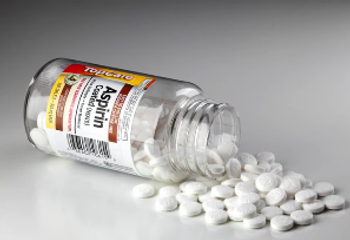
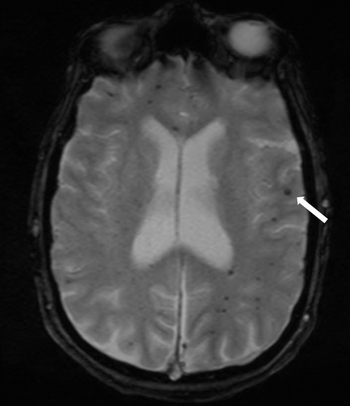
A summary of current treatment guidelines, application, and emerging developments in the area of spontaneous nontraumatic ICH.
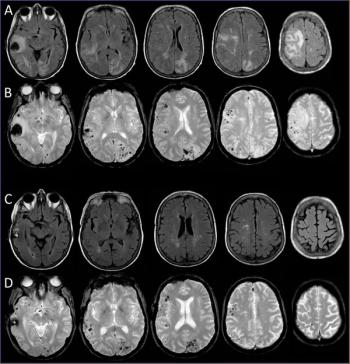
A 71-year-old woman presented to the emergency department with subacute headaches and altered behavior that was initially attributed to emotional distress. What did the tests show?
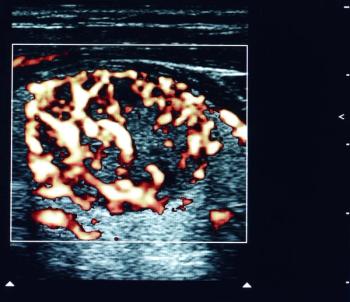
Can treatment of subclinical hypothyroidism help diminish frequency and severity of migraines? This study suggests that levothyroxine can do both.

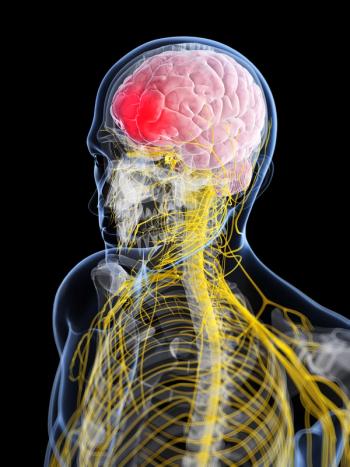
Migraine-especially migraine with aura-is a CV risk factor, which makes the prescription of ergots or triptans potentially problematic. What’s the best approach?
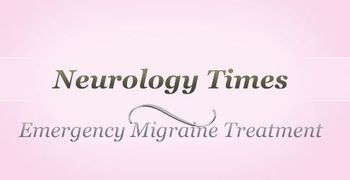
A new study makes the case for alternatives to opioids in the treatment of migraine.
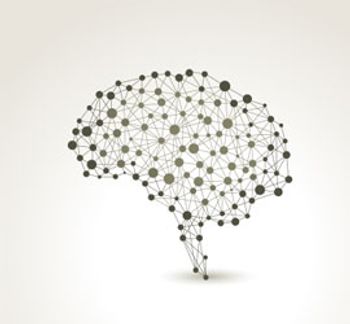
An emphasis on importance of taking a detailed history and careful neurologic examination focused on the vestibular system.
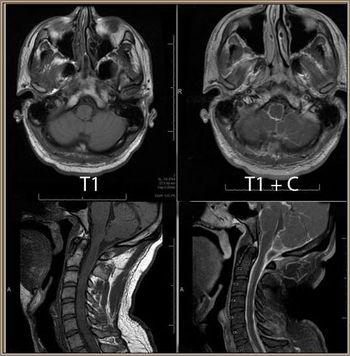
The authors distinguish between the clinical entities of meningitis, encephalitis, and encephalopathy.

Given the severity and treatment resistance of menstrual migraine, clinicians should watch for the signs and symptoms discussed in this case.
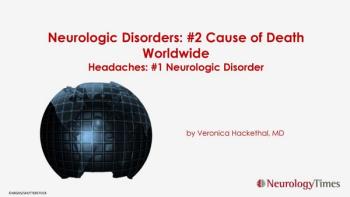
Migraine is the second leading cause of disability worldwide. New data show the number of patients who will need care by clinicians with expertise in neurological conditions will continue to grow in coming decades.

It is often unclear which treatments are most appropriate for the constellation of concussion symptoms. Thus, evidence-based education as well as treatment and management options to facilitate recovery are required.
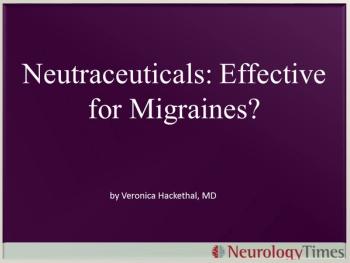
Studies suggest that magnesium, riboflavin, butterbur, coenzyme Q10, and certain nutraceutical combinations may have efficacy in preventing migraine. This slideshow reviews the evidence.

Botox for episodic migraine? Vitamin B for migraine with aura? Best option for acute cluster headache? Take the quiz.
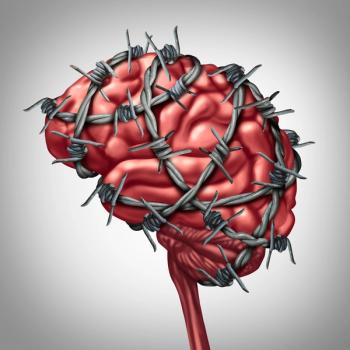
There appears to be a bidirectional relationship between migraine and depression, in which one disorder increases the risk for the other and vice versa.
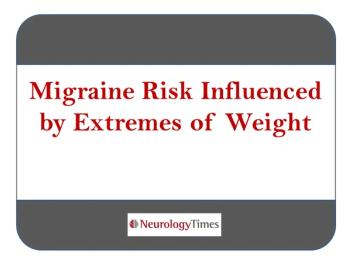
Too many-or too few-pounds-could be a factor in migraine pathogenesis. Details here.
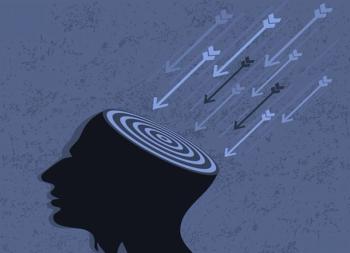
Just how private is that information your patient records in a mobile headache diary?
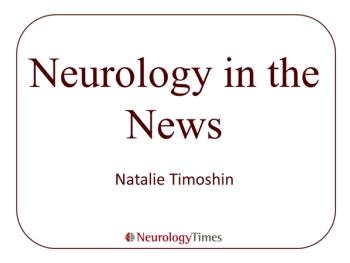
New studies shed light on topics such as nonencephalic pain and headache chronicity; benign childhood epilepsy with centrotemporal spikes and social cognition; and causal triggers of Alzheimer disease onset.

This study showed that a novel CVS device provided effective, well-tolerated adjuvant prophylactic therapy for a group of adults with episodic migraine.
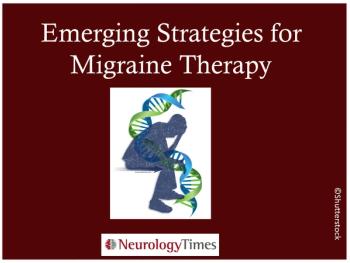
Here’s a quick overview of what’s new-and what may be coming-in preventive treatments strategies for migraine.
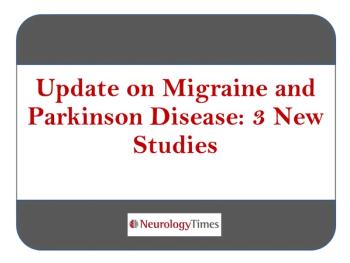
New studies shed light on the potential role of monoclonal antibodies in migraine prophylaxis and in Parkinson disease and on a common genetic pathway shared by PD and autoimmune diseases.

Test your headache IQ here.
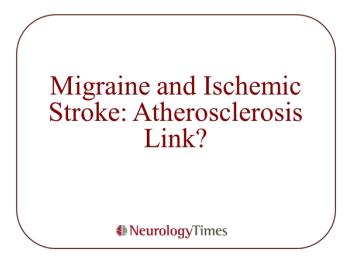
Does cerebrovascular atherosclerosis explain the connection between migraine and vascular diseases?

This large population subset can potentially benefit from therapies that are more directly targeted to hormonally-influenced migraine headaches.